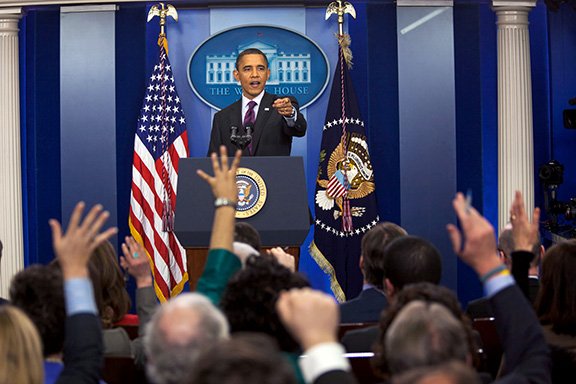Numbing Numbers - How We Care for Individual Suffering Yet Are Apathetic to Greater Horrors

How does a personal detailed account of singular suffering, compare to a generalized larger suffering? We tend to care more for the personal story because of how the details affect us emotionally.
Think about it. I can describe the detail of what happened to someone in detail. A person can even have a picture to show the horrors. But when talking in general, we only gives the overall conclusion, not the specifics details. This greatly affects our capacity to identify with the suffering of others.
Ten year old Johnny sits idle, as his stomach groans. The soles of his shoes hang from his feet, falling apart. Today is free lunch raffle day at school, and Johnny knows he needs to get that free lunch or he will go without food for another day.
According to the United States Department of Agriculture (USDA), there are 15.8 million children under the age of 18 who are unable to regularly access enough nutritious food necessary for a healthy life.
Tell me, which of the previous two paragraphs hit you the most emotionally? Which one made you care more? All it took was words and emotional appeal to make you care. One child vs. 15.8 million, and the greater suffering matters less...
Numbers and statistics don't affect us like language does. Language has the richness of imagery and symbolism to describe so much of our reality in the color of life. Numbers are cold and bland, black and white with no vibrance of imagery to invoke our imagination or emotional capacities.

Reason, and emotion, are part of our lives. Both matter. We need to feel reality to care to do something in reality. Statistics about reality don't mean we can't care about certain things, but the tendency is to not care because of our dependence on linguistic emotional invocation to affect us emotionally. We can care by hearing numbers as well, we just have to correlate the numbers back down to the reality that is affecting individuals, and visualize what is happening to them.
To demonstrate our bias towards individuals vs. general collectives, one study asked people how mmuch they would donate to help save the life of one child, or 8 children. On average, people chose to give the effort to help 1 child $11, while the effort to help 8 children only $5.
Another study had 3 options. The first showed a picture of a little girl from Malaysia, allowing up to $5 donations. The average was $2.25 for her. The second option was to help hundreds of thousands of African children, and the average was $1.15. A third option was a mix, to help a girl from Africa, but also shown statistics about other starving children in Africa. Before being shown the data, the average was $2.25, while after being shown the general statistics the average fell to $1.40.
One more study shows hows, saving child 1, child 2, child 3, etc. will give the same donation. But when you add an option to save multiple children, the donation amount goes down, rather than stay equal or go up proportionally.
We are people, no numbers. It's hard for us to identify with cold numbers. We can see ourselves in others as an individual, especially with a picture, but not in an abstract numeric representation of others.
The news always ties a big story, or general event, etc., with a personal story to get the viewers to identify with the news more and care more about what is going on that the news covers.

Government uses statistics to report issues within the country, like homelessness, starvation, malnutrition, and more, yet won't expend resources to deal with it while they do spend much more than is required for that, on other things like war and the military industrial complex. People don't catch on. We identify more with the patriotism and nationalism as part of who we are, and the "threat" we are under requiring us to "defend" ourselves from "boogeymen". This is much more emotionally affecting than hearing how numbers of people in our country are homeless, poor or malnourished.
People will donate more of anything, money, time, attention, to whatever they most identify with and value. Thing's aren't fair or rational, because people don't know themselves. Know yourself, know thyself, it's the eternal question to figure out more about who we are and how we function.
Recognizing our faults allows us to overcome them. Ignorance and denial just gets us more of the same. Seeing reality correctly, getting back on the right path, requires us to see ourselves honestly and admit when we are wrong. We might need more suffering because chaos teaches people the lesson about the value of truth, logic and learning how to think properly.
@krnel
2016-11-24, 5:51am
That is so true.
Thank you for your request to include this post in the STEEM BOOSTER list! The post is approved because you powered up minimum 100 STEEM in the last 24 h and you are not currently powering down!
This post has been ranked within the top 50 most undervalued posts in the second half of Nov 24. We estimate that this post is undervalued by $8.13 as compared to a scenario in which every voter had an equal say.
See the full rankings and details in The Daily Tribune: Nov 24 - Part II. You can also read about some of our methodology, data analysis and technical details in our initial post.
If you are the author and would prefer not to receive these comments, simply reply "Stop" to this comment.